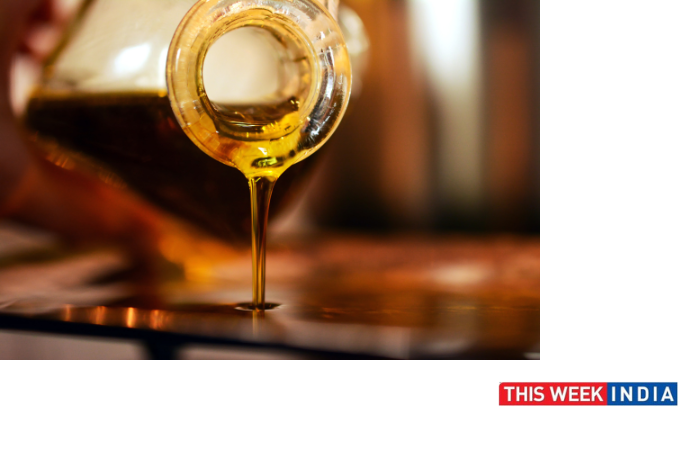By Dr Dharini Krishnan , A leading consultant dietician.
Today’s conversations about nutrition have become increasingly polarised. Foods are either hailed as superfoods or dismissed as harmful. Caught between these extremes are consumers, many of whom are left confused about what to eat and even burdened with guilt over past choices. Myths surrounding gluten, dairy, and edible oils often dominate the discourse, drowning out essential conversations about balanced nutrition and healthy lifestyles.
This is especially true when it comes to edible oils like palm oil. Despite being the world’s most widely consumed edible oil, it is frequently misunderstood and misrepresented. Capitalising on the lack of awareness, several FMCG brands have launched products marketed as “zero palm oil,” suggesting they are healthier by default. However, there is little transparency about what oils are used instead, whether they come at a premium cost, and most importantly, whether they are actually better for health. What’s missing from this conversation is a scientifically grounded understanding of palm oil’s nutritional profile.
Globally, palm oil has long held its place in diets for several reasons. Its unique balance of saturated and unsaturated fats sets it apart. Saturated fats from plant sources like palm oil, cocoa butter, and coconut oil differ significantly from those found in animal products, particularly in terms of fatty acid structure and chain length. These differences influence their effects on health. Grouping all saturated fats into a single category is misleading.
Palm oil contains approximately 50 per cent saturated fats, but also provides 40 per cent monounsaturated and 10 per cent polyunsaturated fats. The World Health Organization (WHO) recommends that saturated fat should constitute no more than 8 to 10 per cent of total daily calorie intake. This guidance underscores the importance of informed consumption rather than complete avoidance.
Thanks to its high smoke point and natural oxidative stability, palm oil is particularly well-suited for use in convenience and processed foods. It helps extend shelf life without producing harmful trans fats during processing, which is a significant advantage in today’s health-conscious environment. The WHO advises limiting trans fat intake to under 1 per cent of total daily energy. As manufacturers increasingly seek trans fat-free alternatives, palm oil, which is naturally semi-solid at room temperature and does not require hydrogenation, has become an effective and practical solution.
Of course, the health implications of any oil depend not only on its type but also on how it is processed and used. For example, repeated reheating can degrade oils and produce harmful compounds, a critical but often overlooked factor.
It is time we move towards more informed and nuanced conversations about food. Instead of blaming individual ingredients, we should promote sustainable and evidence-based dietary habits. A largely plant-based diet, smart and balanced use of cooking oils, including palm oil, and an active lifestyle remain the foundation of a healthy gut and nutrition.









